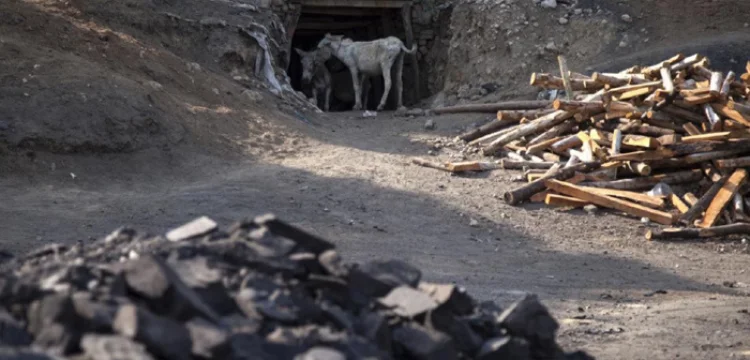Balochistan’s coal mines, numbering around 4,500, have tragically become perilous zones due to a severe lack of safety measures. Over the past decade alone, nearly 900 miners have lost their lives in various accidents caused by mine collapses. Despite more than 44,000 workers toiling in these mines, many operate without modern safety equipment, exacerbating the risks faced by miners.
The absence of ventilators and exhaust systems to mitigate poisonous gases poses significant dangers to miners like Akhtar Mohammad, who highlighted the dire conditions inside local coal mines. Survivors of accidents often suffer from debilitating diseases, exacerbated by poor ventilation and hazardous working environments. Health issues such as kidney damage and frequent ailments are commonplace among workers, compounded by the absence of adequate medical facilities.
Read More: US Sees Pakistan’s Coalition Formation As Internal Matter
According to officials from the Balochistan Department of Minerals, the province extracts between 40 to 50 million tonnes of coal annually, underscoring the economic importance of the sector amidst its safety challenges. Despite efforts to improve safety protocols, the statistics remain grim: in 2024 alone, 46 miners lost their lives in 21 separate accidents, reflecting ongoing risks and vulnerabilities.
Chief Inspector Mines Abdul Ghani acknowledged some progress in reducing accident rates through stricter safety enforcement by the provincial government. However, significant challenges persist, including the backlog of legal cases against coal mine owners accused of flouting safety regulations. These cases, currently pending in courts, underscore the urgent need for comprehensive reforms to safeguard the lives and wellbeing of Balochistan’s mine laborers.











